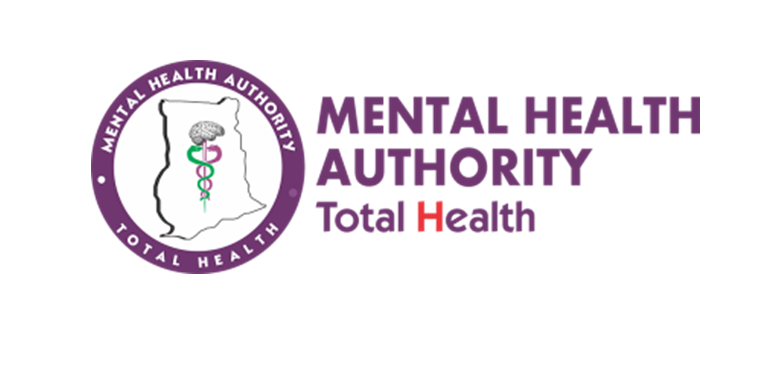MHA pledges continued efforts to implement and integrate mental health act

The Mental Health Authority (MHA) has reiterated its dedication to collaborating with relevant stakeholders to advocate for further advancements in the implementation of the Mental Health Act at all levels.
The Authority emphasized the importance of fully integrating mental health services into general healthcare.
In a statement dated Tuesday, June 18, the MHA highlighted its ongoing efforts to work with stakeholders to advance the Mental Health Act’s implementation, integrate mental health services into general healthcare, and enhance public education and awareness about mental health.
The statement noted that Section 73 of the Mental Health Act mandates District Assemblies, Social Welfare Services, Security Services, health professionals, family members, and other citizens to play specific roles in the care of persons with mental disorders found in public places.
The Authority appealed to the government, stakeholders, civil society organizations, the private sector, and the public for support in ensuring the improvements envisioned by the Act.
The MHA’s comments followed an incident in which a patient, suspected of having mental health issues, was allegedly abandoned in a bush at Gomoa Ojobi in the Central Region.
The patient had previously been admitted to the Trauma and Specialist Hospital in Winneba but was reportedly left in the bush, raising concerns about the handling of mental health cases.
Additionally, the Authority cited an incident involving a 2-year-old who was in critical condition after allegedly being assaulted by a person with a mental disorder found in a public place.
The child, whose head was repeatedly smashed on the ground, has been discharged from the Korle-Bu Teaching Hospital but requires further outpatient management.
The Authority commended the Ghana Health Service for initiating a probe into the Gomoa Ojobi incident and expressed its condolences to the victims and their families.
The MHA acknowledged that such incidents highlight the severe systemic flaws in the nation’s mental health landscape and draw attention to the negative consequences of stigmatization, discrimination, and a general lack of concern for those suffering from mental health illnesses.





